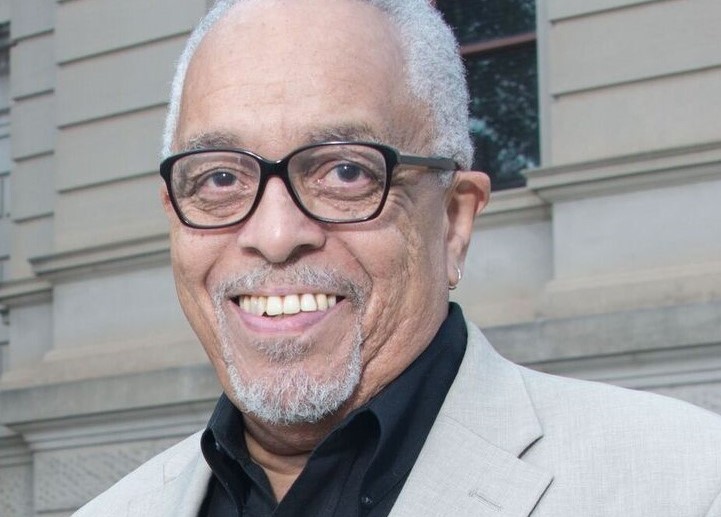Emmy-winning Atlanta journalist and pioneer Maynard Eaton dead at 73

Former Atlanta television news reporter and Emmy Award-winning journalist Maynard Eaton died Tuesday evening, according to a statement from his family.
Eaton’s cause of death has been linked to a short battle with lung cancer.
With a career spanning over five decades, Eaton was instrumental in being one of the first Black male journalists on primetime television and one of the most respected media professionals in Atlanta’s journalism community.
“For decades, Maynard Eaton was synonymous with journalism in Atlanta — covering Atlanta City Hall and the Gold Dome,” said Atlanta Mayor Andre Dickens in a statement.
“An eight-time Emmy Award winner, his persistence and dedication to informing his audiences earned him numerous awards, but also the trust and respect of the community,” Dickens added. “Maynard worked to ensure Black voices were heard, and that Black communities had the same access to information as others — and Atlanta is a better city because of those efforts. My thoughts are with his family and loved ones.”
Maynard Eaton graduated from Columbia University in 1972 with a master’s degree in broadcast journalism. Several years later, he began his career in Atlanta as a reporter with WXIA-11 Alive News, covering politics and Black community public affairs — a position he held from 1978 to 1986.
Eaton won eight Emmy Awards as a reporter with WXIA, WPLG-TV in Miami and WVEC-TV in Hampton. He served as Southeast bureau chief and political correspondent for BET from 1990-93 and was a political commentator for WTOK-TV and WATL-TV stations in Atlanta.
In addition to his work on air, Eaton was a founding member of the National Association of Black Journalists and served as national communications director for the Southern Christian Leadership Conference (SCLC), Dr. Martin Luther King Jr.’s legacy organization
According to Eaton’s website, The Maynord Report, the journalist’s role within SCLC strengthened media relations through a continuum of news conferences, annual conventions, special Civil Rights events, national and international media interviews and SCLC’s national publication.
As an educator, Eaton served as an associate professor of broadcast and print journalism in the communications department of Clark Atlanta University and was an endowed professor of journalism at his alma mater, Hampton University.
“As a leading figure in the media industry, Maynard Eaton was instrumental in shaping journalism and the communications field, particularly in Georgia politics,” The Atlanta City Council stated in a press release on Wednesday.
“He worked to ensure that the experiences and perspectives of Black communities were heard and helped to guide and mentor young journalists.”
Rose Scott, host of WABE’s “Closer Look,” met Eaton in the late 1990s when she was starting her journalism career in Atlanta.
“Always enjoyed talking to him about politics, the Civil Rights Movement and sports too,” she said. “He was a champion for younger Black journalists and worked in every area of journalism from broadcasting to print to public relations. I said to him once, ‘You stay working, brother,’ and we both laughed.”
“He was an outstanding journalist and I think just as significant, Maynard understood the importance of the Black press in not just reporting about social change or issues, but also staying connected to Black community.”








